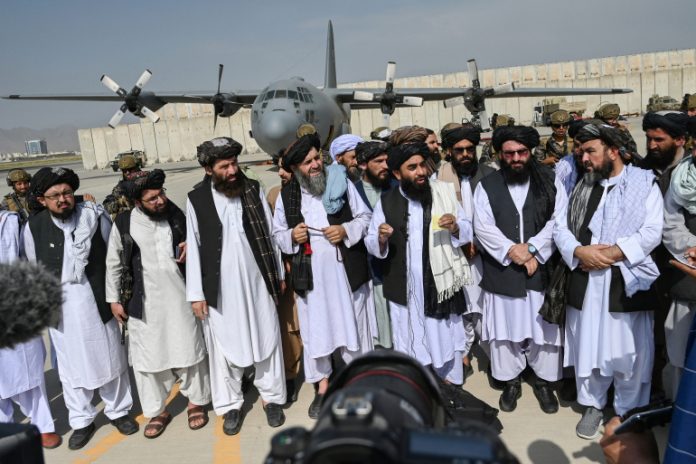
THE TALIBAN plan to rule Afghanistan in accordance with sharia rules, which cover everything from social mores to crime, and interpretations vary.
During its previous stint in power, the militant group was known for its strict interpretation of Islamic jurisprudence, banning music and forcing women to wear a full burqa in public.
But many countries besides Afghanistan—among them Saudi Arabia, Iran and parts of Indonesia and Nigeria—also use sharia without such strictures. So what is sharia, and how is it applied?
Sharia means “path” in Arabic, indicating the conduct that pleases God. It covers criminal, commercial and family law but is much more holistic than secular legal systems: it also sets out the ethical rules that Muslims should aim to live and worship by. (A similar code governing both legal and ethical matters, halakha, exists in Judaism.)
Sharia is based on the Koran, Islam’s holy book; the hadith, or sayings of the prophet Muhammad (S.A.W.); and the subsequent work of Islamic legal scholars.
There are some very harsh punishments for crimes deemed against God (known as hudud), including death by stoning or 100 lashes for adulterers. But the standard of proof for conviction is extremely high, making these punishments rare.

In the case of adultery, four witnesses must testify. Retribution for serious crimes against people, such as murder, can also be severe, based on the principle of qisas, or “an eye for an eye”. But Islam encourages victims to be merciful and pay diya, blood money, instead.

















![EC Announces Elimination of Indelible Ink in Upcoming Elections [Video]](https://newsonghana.com/wp-content/uploads/2023/12/image-351-218x150.png)










































